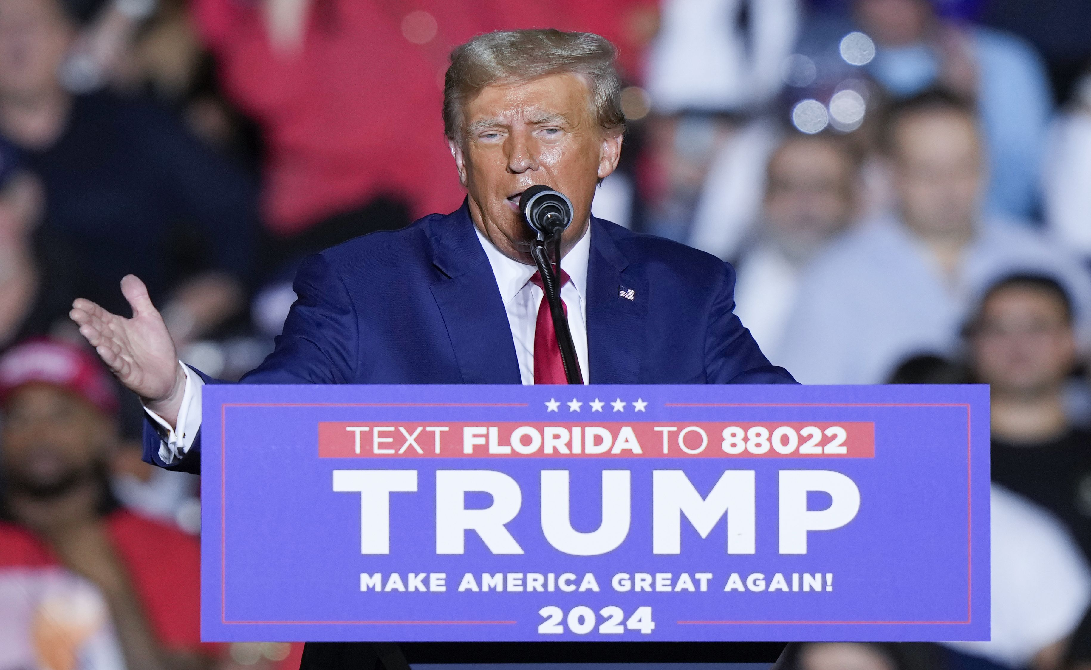
Immigration policies: Trump using psychological warfare
On 20th January 2025, Donald Trump is set to assume office as the 47th President of the United States. This day marks the start of his second, non-consecutive term in the White House. The inauguration ceremony will take place at the US Capitol, where he will be sworn in and deliver his inaugural address. World leaders are waiting with their fingers crossed to hear what his immigration policies would be in real terms. As of now, he has adopted a tough posture. The President-elect has already begun resorting to psychological tactics, perhaps borrowing the idea from Pugilist Muhammad Ali's tactics used against Joe Frazier in the boxing ring. Ali’s tactics were legendary and played a crucial role in their epic bouts.
Ali, known for his charisma and wit, used mind games to gain an edge over his opponents, and Trump seems to be using this tactic against nations to prove his mettle, weather it is about trade or immigration policies even before he has assumed the office of POTUS. Like Ali's most effective tactic of relentless trashtalking, Trump is doing the same. He dubs Canadian Prime Minister Trudeau as the Prime Minister of the 51st state of the USA, a mind game to force Canada to stem the flow of migrants. If Canada doesn’t succumb to this, he has threatened to impose 25% tariffs on all Canadian products.
Trump's immigration policies have always been a hot topic, and his recent threats to impose stricter measures have reignited debates. During his previous term, Trump implemented several controversial policies, such as the travel ban on several Muslimmajority countries and the "zero tolerance" policy that led to family separations at the border. These actions were part of his broader agenda to tighten immigration controls and reduce the number of immigrants entering the US. One of the most significant aspects of Trump's immigration policy is his stance on H-1B visas, which are crucial for skilled workers, particularly from countries like India.
During his previous term, Trump implemented stricter regulations on H-1B visas, which are crucial for Indian IT professionals seeking employment in the US. These policies included higher scrutiny of visa applications, increased fees, and a reduction in the number of visas issued. This had a considerable impact on the tech industry, which relies heavily on skilled workers from abroad. If Trump reinstates these policies, Indian job seekers could face increased challenges. The H-1B visa programme has been a vital pathway for highly skilled Indian professionals, especially in the technology sector. Stricter regulations could limit opportunities for these workers, forcing Indian IT companies to adapt by increasing local hiring in the US or exploring other markets.
Trump's recent threats to impose even more stringent immigration measures have caused concern among businesses and immigrant communities. There is a fear that these policies could lead to a reduction in the number of skilled workers entering the US, which could have a negative impact on industries that depend on this talent pool. Additionally, the uncertainty surrounding immigration policies can create an environment of fear and anxiety for immigrants and their families.
 English daily published in Bengaluru & Doha
English daily published in Bengaluru & Doha






